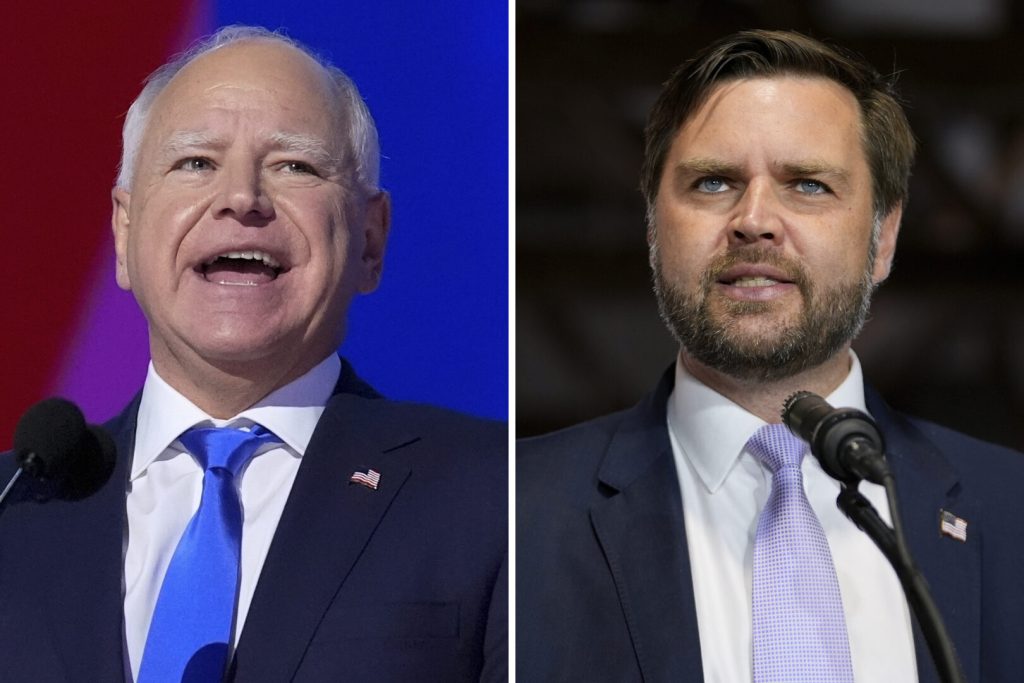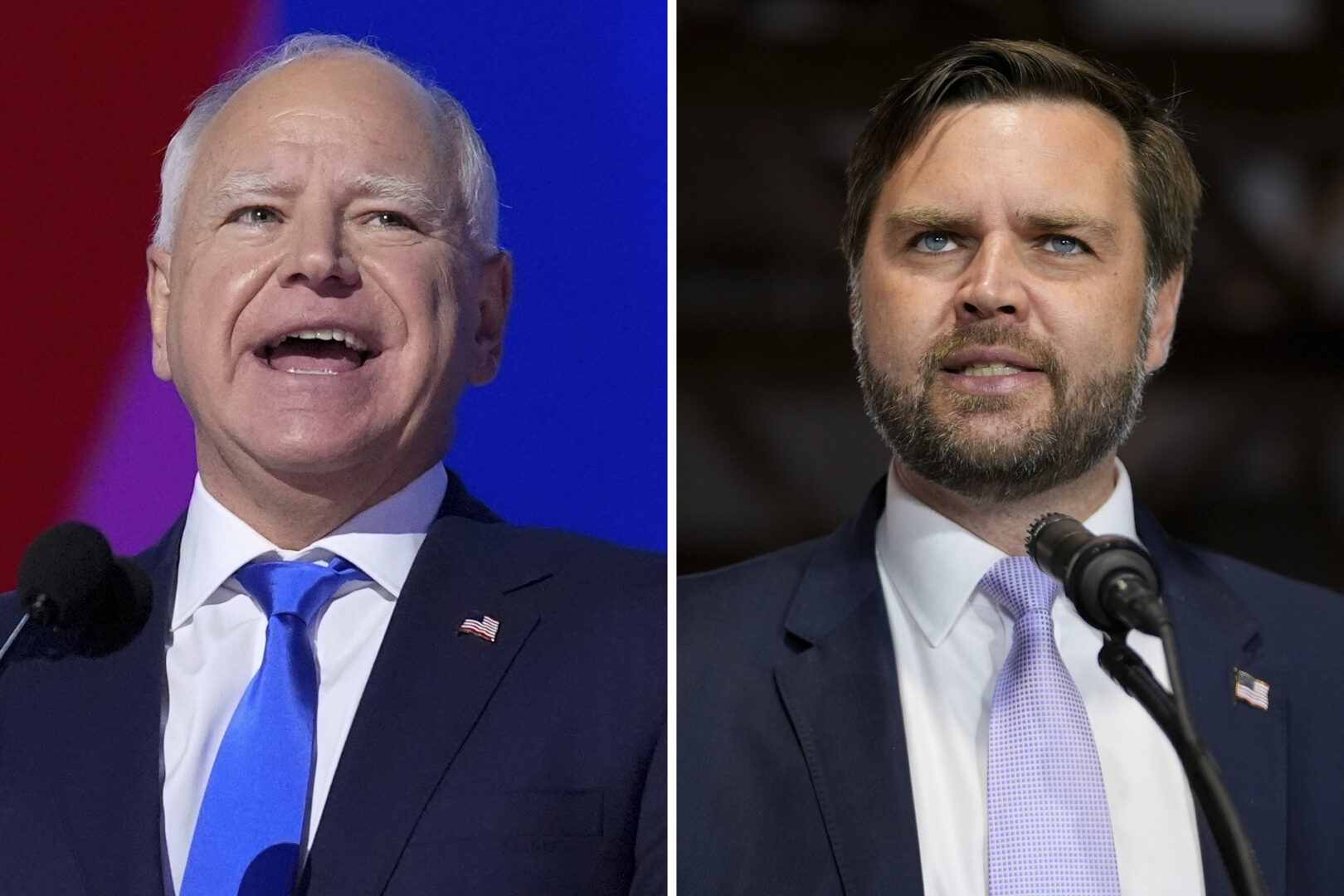
“Exploring the National Gallery of Art’s Decision to Host a Trump-Vance Fundraiser”

**National Gallery of Art Hosts Trump Vance Inaugural Event: A Debate on Politics and Cultural Institutions**
The National Gallery of Art (NGA) in Washington, DC, one of the United States’ preeminent art institutions, is slated to host a high-profile fundraising event for the Trump Vance Inaugural Committee. Scheduled just days before the president-elect’s swearing-in on January 20, the event has sparked discussions about the intersection of politics, cultural institutions, and fundraising ethics.
The event, named the Vice President’s Dinner, will take place on Saturday, January 18, at the NGA’s facilities. According to fundraising documents and reports, attendance requires a donation of $1 million or the raising of $2 million, with proceeds contributing to the Trump Vance Inaugural Committee’s substantial $200 million war chest. The committee is tasked with planning the president-elect’s inauguration ceremony and related events, and any excess funds may be redirected toward other uses, such as a future presidential library.
### A Tradition With Controversy
The National Gallery of Art’s decision to host this event reflects a long-standing precedent of cultural institutions serving as venues for inaugural celebrations. Exceptions for private events have been made during past administrations, including President Bill Clinton’s 1993 inauguration. However, such choices often ignite debate, particularly when they involve polarizing political figures.
A spokesperson for the NGA emphasized that hosting inaugural events aligns with the museum’s role as a national cultural institution. The NGA—founded in 1941 through a gift of art and funding by Andrew W. Mellon, a former Secretary of the Treasury—operates as a federal institution. It receives federal funding for building maintenance, salaries, and special exhibitions while relying on private contributions for acquisitions and educational programs. In fiscal year 2024 alone, the museum received $209 million in congressional appropriations.
While the event is raising eyebrows, the NGA maintains that hosting such gatherings does not signal endorsement of any administration or political ideology. A spokesperson stated, “Serving as an inaugural venue simply reflects the museum’s role as a national cultural and civic institution.”
### Nonprofits and Political Activities: A Legal Tightrope
The National Gallery, a 501(c)(3) nonprofit organization, must navigate strict Internal Revenue Service (IRS) rules that prohibit engaging in partisan political activities. The IRS guidelines specify that nonprofit organizations cannot directly or indirectly support or oppose political candidates, as such actions could jeopardize their tax-exempt status.
Cultural organizations hosting politically adjacent events is not new territory. The American Alliance of Museums (AAM), which sets ethical standards for the industry, notes that nonprofits can host events for elected officials or campaigns as long as the opportunities are equally accessible to all political parties. However, the AAM warns against the perception of partiality, especially during election or transition periods.
The Trump Vance Inaugural Committee’s event is one of several inaugural activities that have fueled ethical debates. On January 19, another dinner will occur at the National Building Museum, a federally designated nonprofit that also relies heavily on congressional oversight and funding. Such events raise questions about the role cultural institutions should play in facilitating political fundraising efforts, particularly when these efforts involve sizable donations from donors and lobbyists seeking influence.
### The Historical Role of Inaugural Committees
Inaugural committees, as permitted by the Federal Election Commission (FEC), are not subject to the same donation limits applied to political campaigns. This leeway has allowed committees like the Trump Vance Inaugural Committee to amass significant funds from individuals, corporations, and lobbyists. According to a report by *The New York Times*, inaugural seasons present unique opportunities for financial stakeholders to gain favor with incoming administrations.
While proponents argue that cultural institutions help foster a sense of national unity and celebration through such events, critics counter that allowing access to the highest political offices through large donations undermines democratic principles and ethical boundaries.
### Cultural Institutions in the Spotlight
The National Gallery of Art is not the first—or the last—museum to face scrutiny for its associations with politically charged events. In recent years, organizations like the Museum of Modern Art (MoMA) and the Pérez Art Museum Miami have hosted controversial events that ignited protests and public backlash.
– In 2023, activists protested at MoMA during a gala for the World Jewish Congress, citing the organization’s support of Israeli government policies in Gaza.
– In 2020, the Pérez Art Museum Miami came under fire for hosting a town hall event starring then-President Donald Trump, raising concerns among community members about the museum’s impartiality.
– Similarly, the Natural History Museum in London faced criticism for hosting a dinner for the National Conservatism think tank, a group associated with right-wing politics.
Such instances highlight the ethical quandaries faced by cultural institutions in balancing their financial needs, civic roles, and public perception.
### A Broader Discussion: Balancing Mission and Revenue
While museums often rely heavily on private